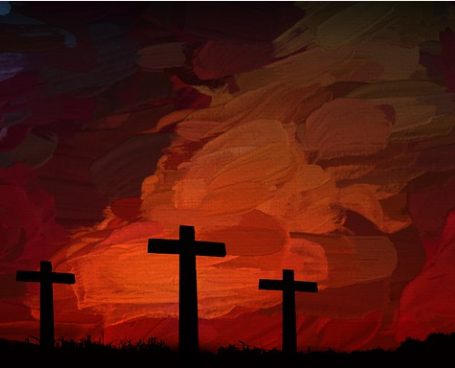In This Biography
Skepticism Towards Religion
Religious skepticism is one type of skepticism in relation to religion. Skeptics of religion question the authority of religion and aren’t necessarily anti-religious but are skeptical of certain or any religious beliefs or practices.
Skeptics comprise the majority of atheists and agnostics. However, there are also plenty of religious people who are skeptical about the existence of religion.
The religious are usually skeptical about the claims of other religions.
There are skeptics who doubt whether religion is a valid area of criticism since it does not require proof of faith. Others, however, argue that it’s as valid as other information especially when it is able to make claims that do not match those of science.
What is the Difference Between the Distinction Between a Skeptic and an Atheist?
A typical skeptical person is still pondering the idea of God while the typical atheists have thought of God in a way and has a decided their own view that God exists but isn’t.
Five religious leaders who turned public atheists
1) Dan Barker. Religion was an integral part of the life of Dan Barker for over two years. He was converted to an evangelical Christian in his teens and began his profession as a pastor who focused on propagating his Christian religion through songs. He composed popular musicals for children that were religious and collaborated extensively in collaboration with Christian musician Manuel Bonilla and accompanied numerous other well-known Christian musicians.
SEE ALSO: Funeral Arrangements in Christianity, Islam, Judaism
In the course of time, however, his reading led him to doubt the validity of Christianity, not only of Christianity however, but also the assertions of God in general. The year 1984 was the first time he publically declared himself an atheist.
2) Jerry DeWitt. For many, leaving the faith comes with a price. Jerry DeWitt lost his faith after 25 years of The Pentecostal church within Bible Belt rural America. DeWitt became a convert at the age of 17 in Jimmy Swaggart’s congregation, and held on to his faith for all the time he could however, he could no longer conceal his disinterest in faith.
Even though he discovered a warm group of atheists, especially by joining The Clergy Project (devoted to helping ministers who have lost belief) as well as The group Recovering Deconversion from Religious Practices, DeWitt had to deal with many the practical problems due to his conversion.
3) Teresa MacBain. Teresa MacBain describes to NPR the devastation of remaining an ordained minister after losing belief in God: “I start having stomachaches, headaches, just knowing that I got to stand up and say things that I no longer believe in and portray myself in a way that’s totally false.”
MacBain continued to be a minister despite concluding that she did not believe in the existence of God. This was in no small part due to the fact that she was worried about the economic destruction which would result when she wasn’t able to perform her ministerial duties any longer. With moral backing provided by The Clergy Project, she moved into becoming an outspoken atheist and director-general of Humanists of Florida.
4) Anthony Pinn. Anthony Pinn is a professor of religious studies at Rice University and an outspoken scholar of African-American humanism. He explained in his recent talk at Skepticon, He began preaching at the age of 12 before being ordained around the age of 18. The doubts began immediately after when he was appointed a Youth Pastor in Bed-Stuy which is located in Brooklyn. He now holds a Ph.D. in religious studies at Harvard as well as a professorship in Houston as well is an outspoken and blunt critic of religion, particularly on the inability of religion to address the issues that the community of blacks has.
SEE ALSO: Marriage in Hinduism as well as Islam and the Differences
5) Andrew Johnson. In the Mormon religion young men are required to prove their entitlement to inherit the priesthood through missionary trips to share their faith with non-believers. In the case of Andrew Johnson, however, taking a missionary trip resulted in him becoming an unbeliever. Being away from home allowed him to study books (including Richard Dawkins‘ instant masterpiece, The God Delusion) that challenged his beliefs regarding God.
Johnson is now putting his famous Mormon dedication to use in helping fellow ex-Mormons who are atheists find support and community and a place to meet, a club he has named Atheists from Utah Valley. “I thought I was the only one,” Johnson declared and his efforts to organize atheists from the hostile Mormon part of Utah have proved conclusively that atheists are gaining ground and flourishing everywhere in this nation.







